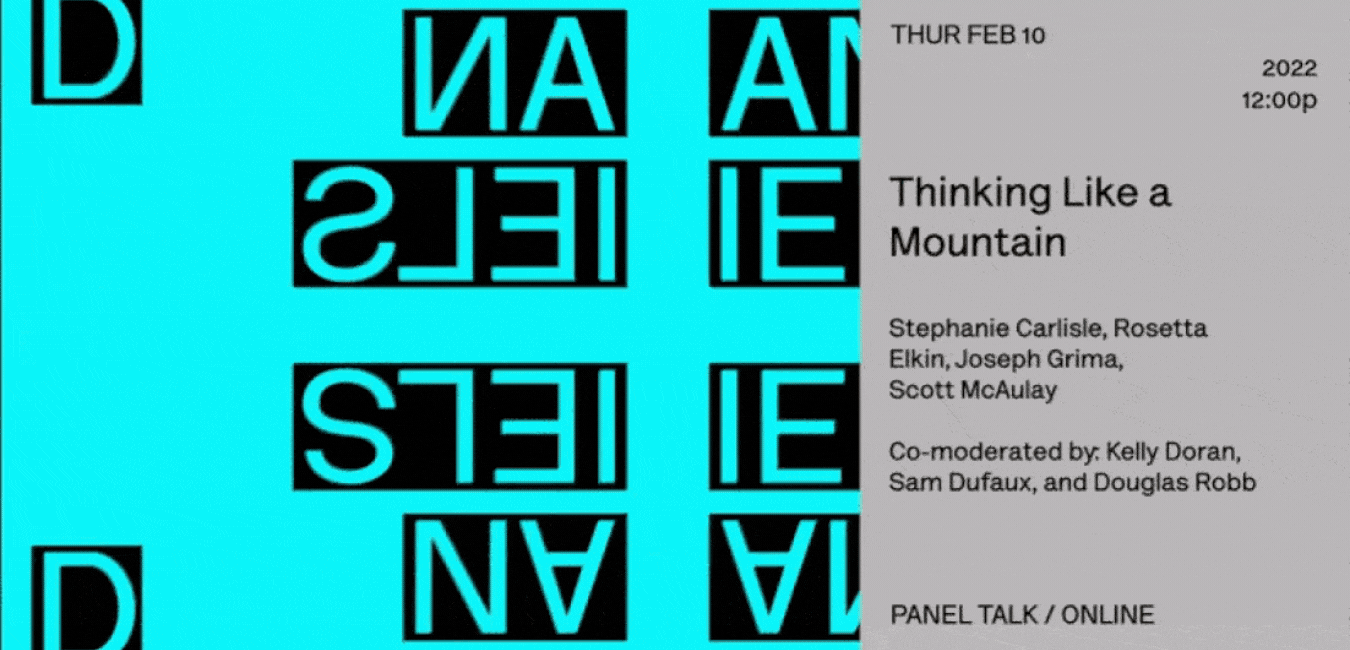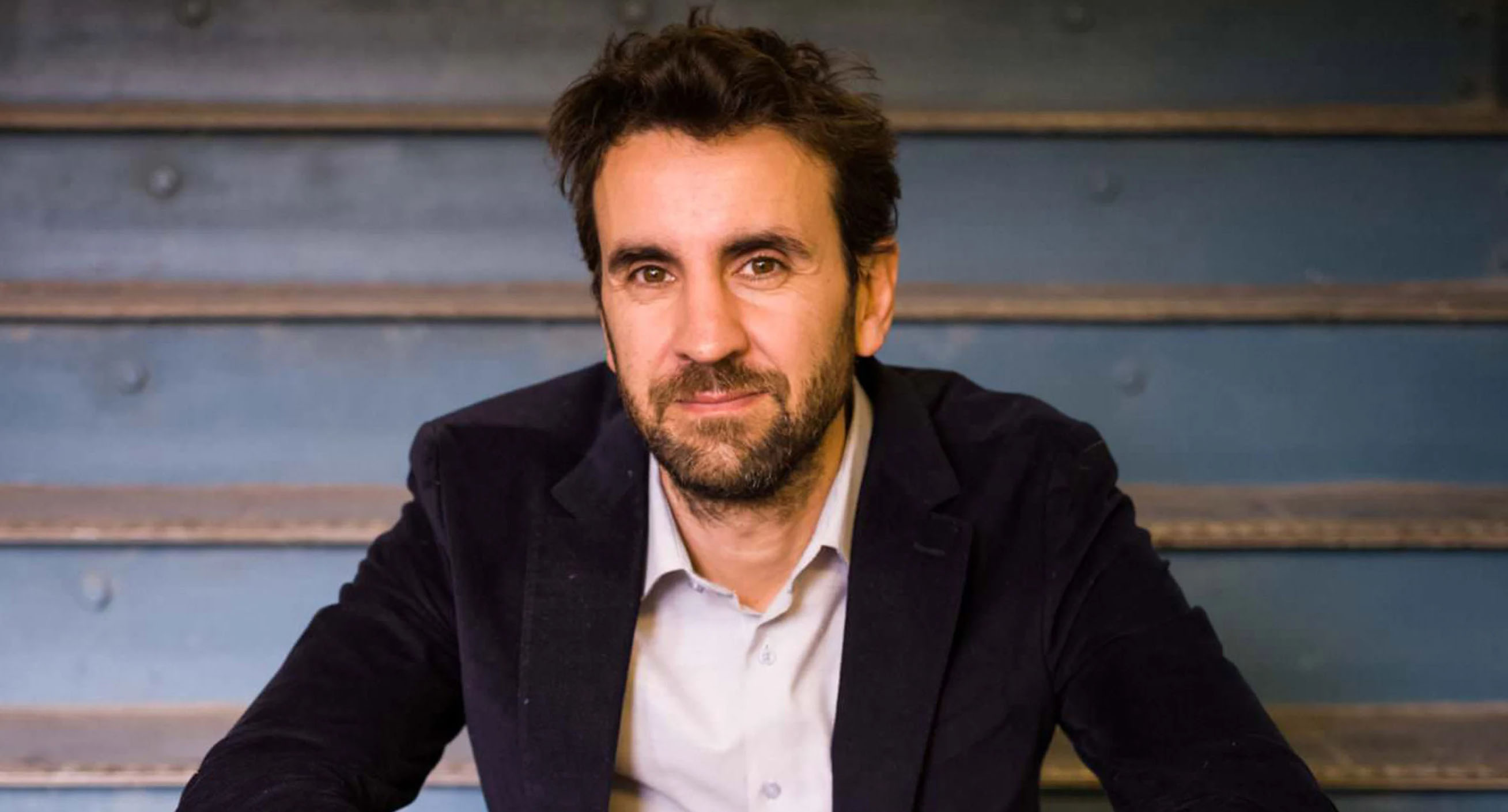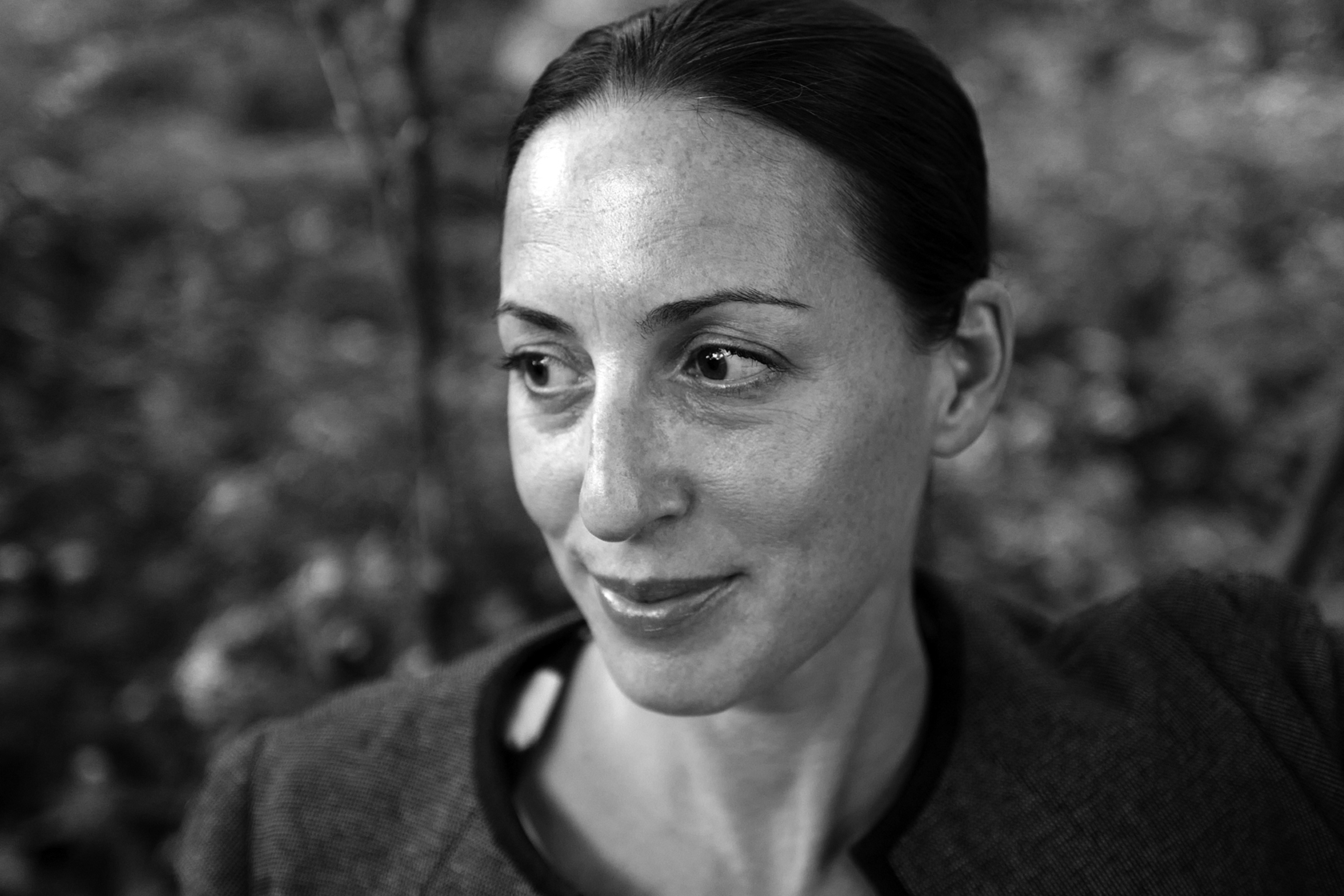
Thinking Like a Mountain: Design Pedagogy for Climate Crisis
-
Click here (Zoom link) to register.
Thinking Like a Mountain critically analyzes how contemporary design pedagogy has (or has not) responded to the current climate emergency. Taking Aldo Leopold’s proposition to “think like a mountain” as a conceptual starting point, this event brings together local and international design scholars to discuss, debate, and envision potential pedagogical pathways towards just and inclusive decarbonization.
Through a series of short presentations and roundtable discussions, Thinking Like a Mountain considers how design schools can better equip students to become agents of change to accelerate the decarbonization of built environments and landscapes. What changes need to happen to accelerate this paradigm shift? How might design pedagogy support this transition? In posing these questions, this event reflects on the central role of design education in reproducing the theories, methodologies, and practises used to imagine and construct post-carbon futures.
Co-moderated by:
Kelly Doran (University of Toronto, Daniels Faculty)
Sam Dufaux (University of Toronto, Daniels Faculty)
Douglas Robb (University of Toronto, Daniels Faculty)
Stephanie Carlisle is a Senior Researcher at the Carbon Leadership Forum where she leads collaborative development of open-access LCA data, tools, and methods to support the building sector in radically decarbonizing construction. Her work brings together diverse stakeholders from design, industry, land management, manufacturing, labour, and policy to find new approaches to climate justice.
Prior to joining the CLF, she was a Principal at KieranTimberlake where she helped develop Tally, a whole building LCA tool, and worked to implement strategies that address climate and health impacts of building materials. She is Co-Editor-in-Chief of Scenario Journal, and a lecturer at the Weitzman Schools of Design at the University of Pennsylvania where she teaches courses in life cycle assessment, building materials, and urban ecology. She currently serves on the Steering Committee for US Architects Declare a Climate, Justice, and Biodiversity Emergency, a climate action group pushing for radical change in architectural practice and education.
Rosetta Elkin is a designer and scholar who brings careful attention to the practices that endure between humans, in how societies represent, respect, and cultivate landscape. Her work suggests that most often, the practices that unite people and place are entrenched in their relationship to plants. This research is explored in the forthcoming “Plant Life: The Entangled Politics of Afforestation” (UMN, 2022). The publication reveals that planting a tree can either be one of the ultimate offerings to thriving on this planet, or one of the most extreme perversions of human agency over it. Rosetta established “Practice Landscape” as a collaborative studio that exemplifies how design can address the risk, injustice, and instability brought about by shifts in our shared climate. Projects establish practical and applied efforts, including ecological assessment, exhibition, open access publishing, and multi-disciplinary research projects that promote a more thoughtful and accountable design agenda. Rosetta’s work has been exhibited at the Victoria & Albert Museum, Les Jardins de Metis, Chelsea Festival, and the Isabella Stewart Gardner Museum, and in publications including Journal of Landscape Architecture, New Geographies, Harvard Design Magazine, Oase, Arnoldia and Lotus International. Rosetta also maintains affiliations with Dumbarton Oaks Plant Humanities Initiative and is currently a Research Associate at the Harvard Arnold Arboretum.

Joseph Grima is an architect, critic, curator, and writer. He is the cofounder of the design research studio Space Caviar, an architecture and research studio operating at the intersection of design, technology, politics, and the public realm. The office uses built work, exhibitions, publishing, writing, and film to investigate and document contemporary modes of habitation and the spatialization of social and political practice. He is also Creative Director of Design Academy Eindhoven, Curator of Design at Triennale Milano and has also curated the Non-Extractive Architecture exhibition and research programme at the V-A-C in Venice and edited a book on the same topic.
Scott McAulay (he/him) is a climate justice activist, architectural designer, and climate literacy educator. Since founding the Anthropocene Architecture School in 2019 in response to architecture’s lasting inertia on climate action, his work has created opportunities and spaces to respond to the climate emergency through architectural and built environment means for thousands of people internationally – fusing activism, climate literacies, provocation, and regenerative design principles. He is a coordinator of ACAN’s Climate Literacy Working Group, co-director of Anthropocene Projects C.I.C, and a Part 2 architectural assistant at Architype. Outwith architectural education and practice, Scott supports climate justice and tenants’ rights campaigns in various ways and was one of the RIBAJ’s Rising Star cohort of 2020.


